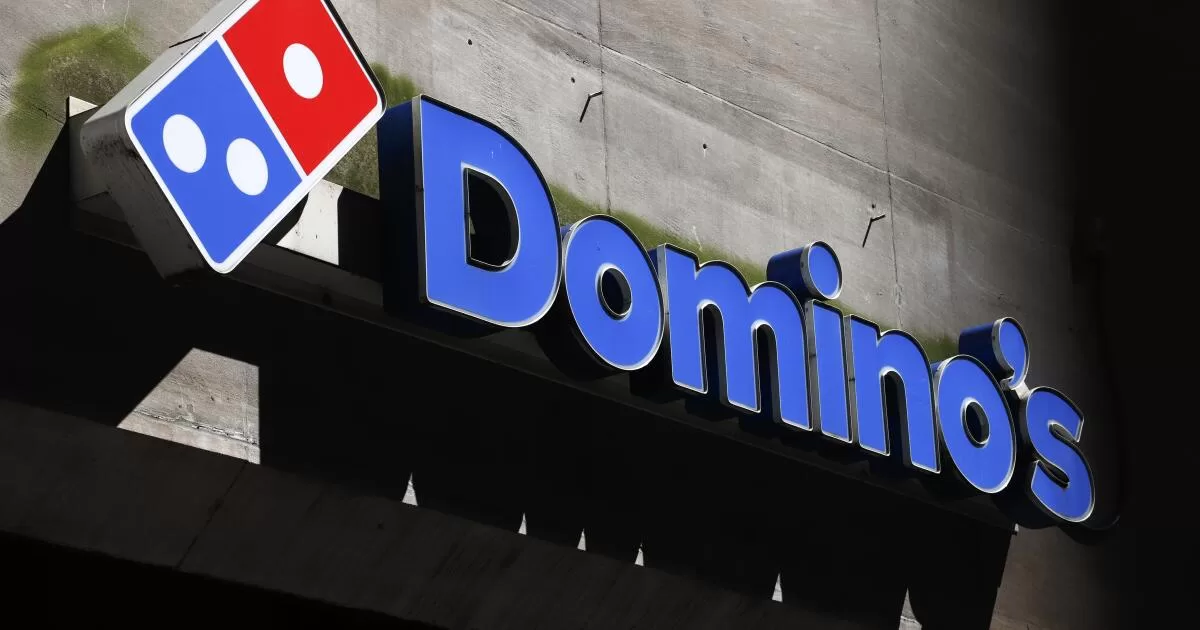In a potentially far-reaching move, the justices turned down an appeal from Domino’s and let stand a U.S. 9th Circuit Court of Appeals ruling holding that the Americans With Disabilities Act protects access not just to restaurants and stores but also to the websites and apps of those businesses.
Guillermo Robles, who is blind, filed suit in Los Angeles three years ago and complained he had been unable to order a pizza online because the Domino’s website lacked the software that would allow him to communicate. He cited the ADA, which guarantees to people with a disability “full and equal enjoyment of the goods and services … of any place of public accommodations.”
Lawyers for Domino’s agreed the provision applied to its brick-and-mortar pizza locations, but not its website.
Last year, however, the 9th Circuit ruled for Robles and said the law applied to its online services as well as the stores.
“The ADA mandates that places of public accommodation, like Domino’s, provide auxiliary aids and services to make visual materials available to individuals who are blind,” the appeals court said in January.
The U.S. Chamber of Commerce and business groups that said they represented 500,000 restaurants and 300,000 businesses joined in an appeal urging the high court to review the 9th Circuit’s decision. They complained of a “tsunami of litigation” and worried that judges nationwide would see the appeals court’s decision as “imposing a nationwide website-accessibility mandate.”
But without comment or dissent on Monday, the high court said it would not hear the case of Domino’s Pizza vs. Robles.
This is not a formal ruling upholding the 9th Circuit decision, and the justices could agree to take up the issue later if lower courts are divided. But for now, the court’s action strongly suggests that retailers will be required to make their websites accessible.
Joseph R. Manning Jr., a Newport Beach lawyer who represented Robles, said the high court made “the right call. There can be no debate that the blind and visually impaired require accessible websites and mobile apps to function on an equal footing in the modern world.”
Mark Whitley, president of Easterseals Southern California, praised the high court for “supporting the values … the ADA was built upon.”
Domino’s and the National Retail Federation issued statements saying they were disappointed in the court’s refusal to hear the case. The 9th Circuit sent the case back to a district judge in Los Angeles to decide whether Robles suffered discrimination.
“We look forward to presenting our case at the trial court. We also remain steadfast in our belief in the need for federal standards for everyone to follow in making their websites and mobile apps accessible,” Domino’s said its statement.
